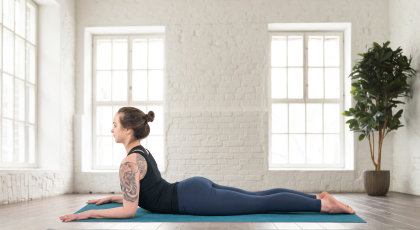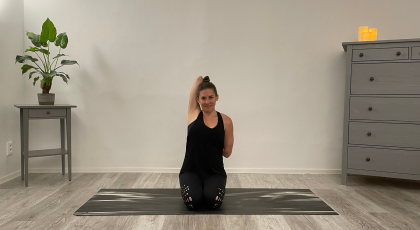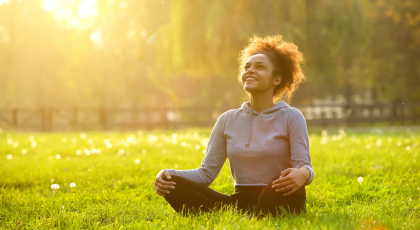View basket (0 items $0.00)
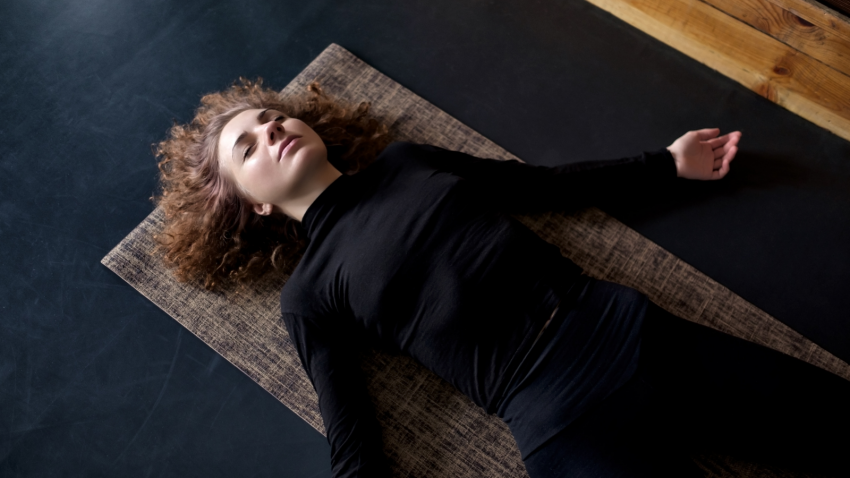
Stop the Stress Epidemic with Sound Sleep and Restorative Yoga
Sometimes it can feel like stress is all around us. We are trying to meet more demands than ever, and our self-care routine gets pushed by the wayside.
That often means bad food choices and poor sleep habits, which lead to internal stress. When we eat white flour, sugar, and fried foods, we actually increase inflammation and stress hormone production. Since sleep dramatically impacts our pituitary gland, lack of adequate rest means an increase in hormones like cortisol and the hunger hormone ghrelin.
Ever wonder why you’re reaching for junk food the day after a poor night’s sleep? That’s why.
So we’re getting external stresses from our jobs, family responsibilities, financial worries, and many other places, then we’re compounding them with unhealthy lifestyle choices. The result is an epidemic of stress and increased risk for chronic diseases: everything from type 2 diabetes to cardiovascular disease, cancer, and depression. But there’s so much we can do to stop it.
How to Use Yoga to Relieve Stress
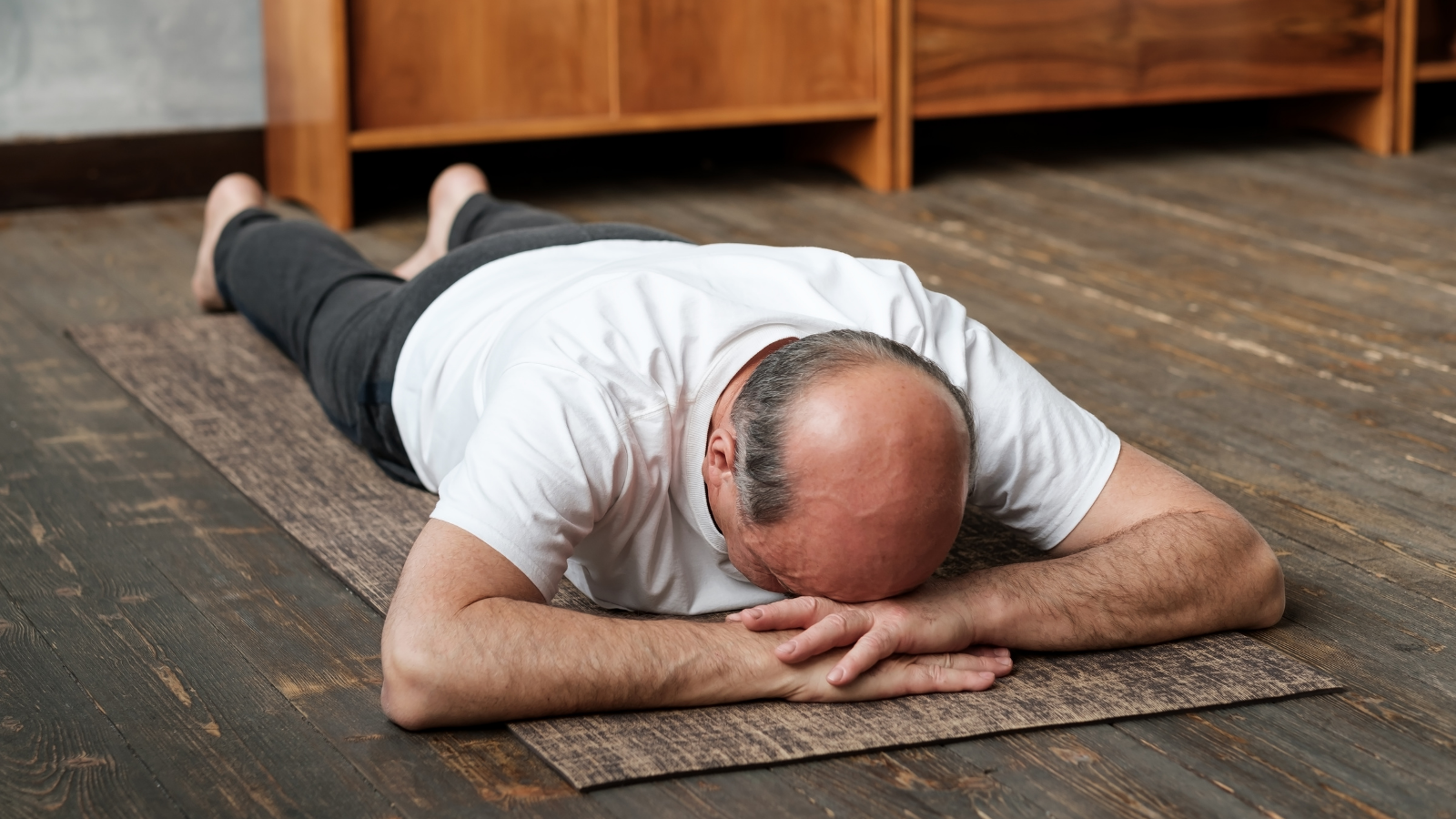
Deep breathing is one easy, accessible practice that can help balance the mind and body and reduce the stress response. Many well-designed studies also show physical and psychological stress reduction benefits from meditation or activities like yoga and tai chi. A simple, mindful walk outdoors can do wonders.
Restorative Yoga, in particular, is specifically designed to rest the nervous system and restore equilibrium. Practicing Restorative Yoga 30 to 60 minutes before bedtime can help prepare your body for sleep. Even a single Restorative Yoga pose can be helpful, but when you have time, you might want to try a longer, more extensive practice, especially on those days when you feel agitated or depleted.
Do What Makes You Happy

Pursing the things that make us happy and fulfilled is a less commonly cited way to reduce stress. My friend Dr. Rangan Chatterjee recognizes passion-deficiency as a major source of stress in his patients. Making time for the things that bring us joy gives us more resilience against stress and fatigue and an improved psychological outlook.
Dr. Chatterjee has seen the impacts of stress are such powerful health indicators that he’s made it a key focus, alongside nutrition, movement, and sleep. His new book, The Stress Solution, explores the many other ways to fight this epidemic, including shifting our own perspective about the hold stress has over us.
All of us should make stress reduction a key part of our wellness routine. The benefits will reach all areas of your life.
Reprinted with permission from Mark Hyman, MD.

Dr. Mark Hyman is leading a health revolution—one revolved around using food as medicine to support longevity, energy, mental clarity, happiness, and so much more. Dr. Hyman is a practicing family physician and an internationally recognized leader, speaker, educator, and advocate in the field of Functional Medicine. He is the founder and director of The UltraWellness Center, the Head of Strategy and Innovation of the Cleveland Clinic Center for Functional Medicine, a twelve-time New York Times bestselling author, and Board President for Clinical Affairs for The Institute for Functional Medicine. He is the host of one of the leading health podcasts, The Doctor’s Farmacy. Dr. Hyman is a regular medical contributor on several television shows and networks, including CBS This Morning, Today, Good Morning America, The View, and CNN. He is also an advisor and guest co-host on The Dr. Oz Show. We’ve spent billions of dollars on hundreds of Alzheimer’s studies with nothing to show for it. That’s because we were headed in the wrong direction.
Featured Courses






